University of the Holy Cross: A Day on Lay Holiness
Holiness in the World of Healthcare
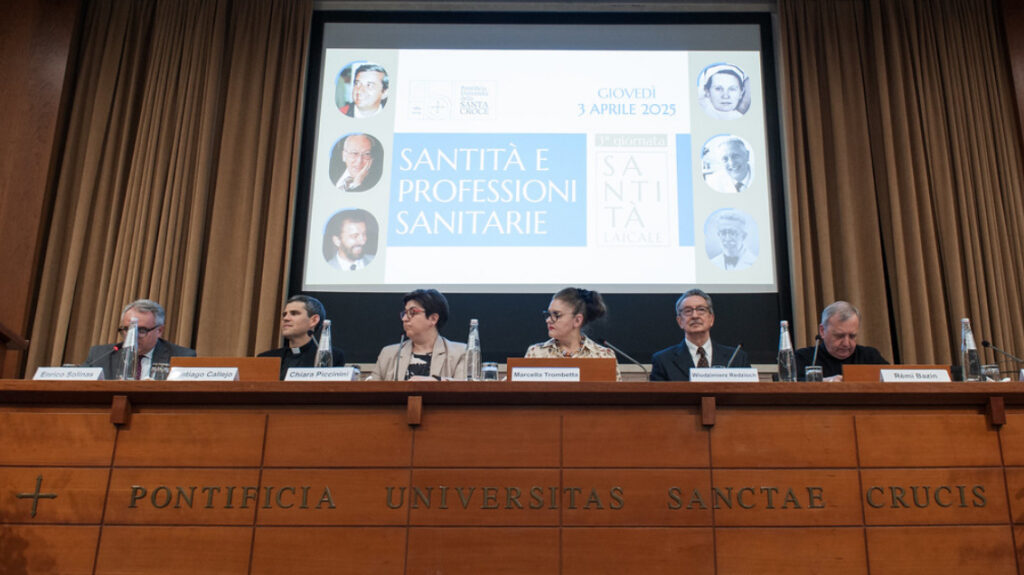
On the occasion of the Jubilee of the Sick and the World of Healthcare (April 5–6, 2025), the third day dedicated to lay holiness was held on April 3, 2025, at the Pontifical University of the Holy Cross, under the theme: “Holiness and Healthcare Professions.”
The day began with a talk by Monsignor Fabio Fabene, Secretary of the Dicastery for the Causes of Saints, who emphasized a crucial fact: the history of the Church is a history of charity, especially toward the sick and the most vulnerable. Caring for the sick has always been an integral part of the Christian mission, embodied by saints and blesseds who united medical expertise and evangelical love. Figures such as Vittorio Trancanelli, Ernesto Cofiño, Enzo Piccinini, Stanisława Leszczyńska, Jérôme Lejeune, and José Gálvez Ginachero exemplified this, as “they not only provided medical care but also brought hope and light into the dark moments of illness, helping people discover the deep Christian meaning of suffering,” said Msgr. Fabene. “We too, in this Jubilee of Hope, must move our hearts and steps to organize hope for the sick and the fragile,” he concluded.
The theological perspective on the link between holiness and healthcare professions was offered by Fr. Martín Luque, professor at the Pontifical University of the Holy Cross. He focused on three key words: service, meaning, and hope. He pointed out that illness challenges love and faith, highlighting the sense of loneliness and human fragility. The six venerables and Servants of God mentioned above showed that “contact with the sick was not just professional care, but a loving service capable of offering a horizon of meaning and reopening the possibility of hope.”
Chiara Mastroianni, professor of General, Clinical, and Pediatric Nursing Sciences at Link Campus University, spoke about palliative care, presenting it as an approach that goes beyond treating symptoms. It is a holistic accompaniment, especially when healing is no longer possible. According to Prof. Mastroianni, “palliative care is the ‘art of existence,’ because it gives meaning and value to life, even in times of trial.”
In the second part of the day, a roundtable was held with testimonies about the six venerables and Servants of God.
Enrico Solinas, postulator for the cause of beatification of Vittorio Trancanelli, described him as “the saint of the operating room”, a doctor lovingly devoted to his patients, a father open to welcoming children in difficulty, and a man of deep faith.
The venerable Ernesto Cofiño, considered the father of pediatrics in Guatemala, was remembered by his postulator Fr. Santiago Callejo, who noted that Dr. Cofiño “always sought solutions to problems and believed in human dignity from the very beginning of life.”
Chiara Piccinini, daughter of Enzo Piccinini, a general surgeon and Servant of God, shared his story.
The life of Stanisława Leszczyńska, a Polish midwife and Servant of God, was presented by her biographer Wlodzimierz Redzioch. She lived during the horrors of World War II and, while imprisoned for two years in the Auschwitz-Birkenau concentration camp, helped the women there give birth to their children.
The figure of the great French doctor and geneticist Jérôme Lejeune was recalled by postulator Rémi Bazin. The venerable professor devoted his life to caring for children with Down syndrome. “A doctor by passion, he became a researcher by necessity,” and he courageously defended the inviolable dignity of every human life.
The story of José Gálvez Ginachero, Spanish doctor and social activist, was told by postulator Salvador Aguilera López. A fervent Catholic, he served for a time as mayor of Málaga, pioneered post-mortem delivery in Spain, and founded a hospital for the poor. He “lived his profession as a service,” his postulator affirmed.
Related
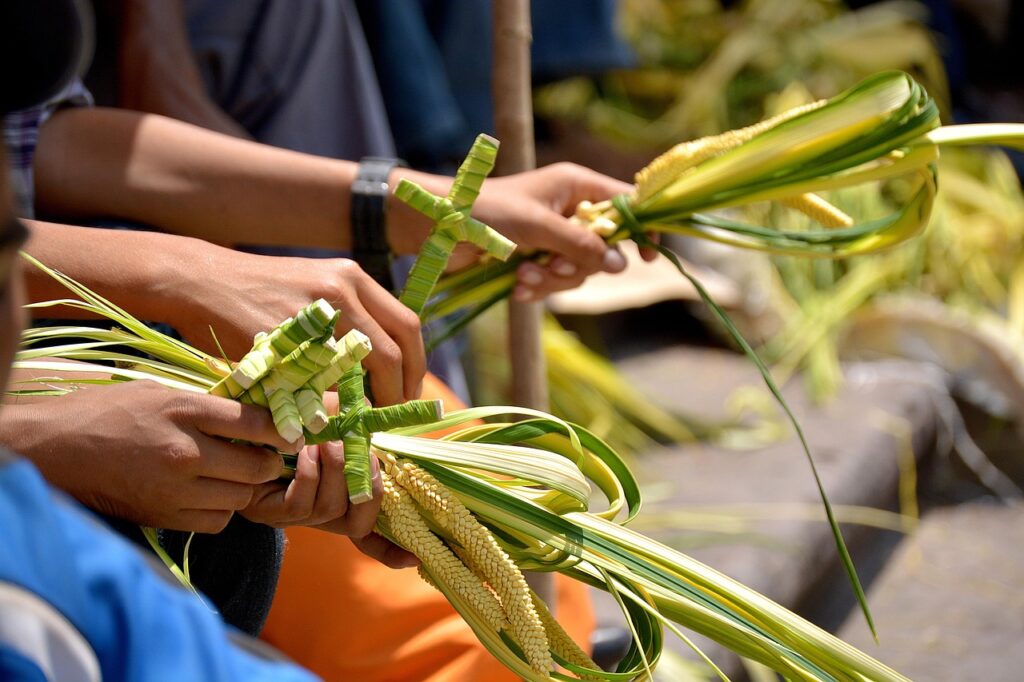
I have ardently desired to eat this Passover with you: Fr. Jorge Miró
Jorge Miró
12 April, 2025
2 min
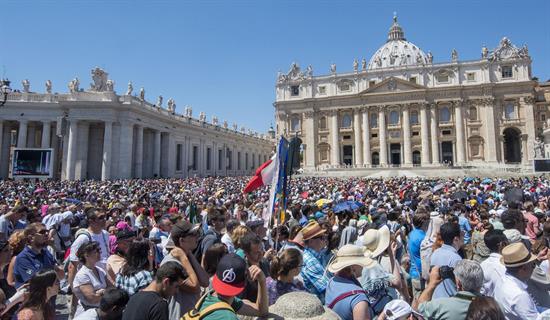
Pope Francis Sends a Message of Hope to the Young People of the UNIV 2025 International Congress
Exaudi Staff
11 April, 2025
5 min
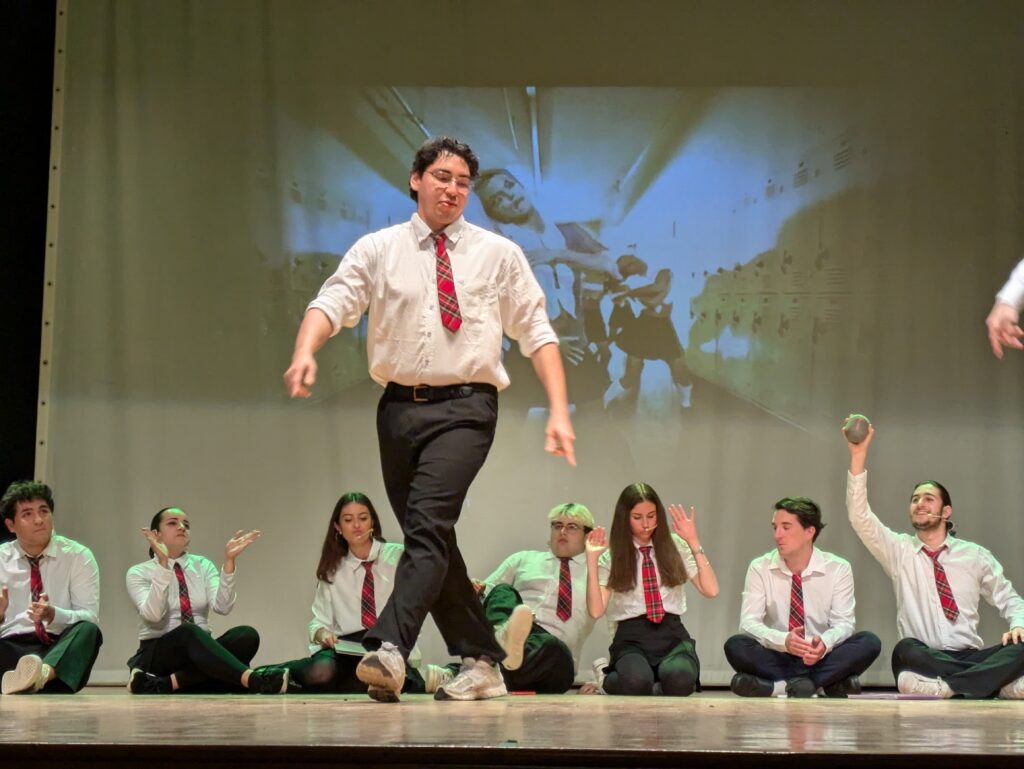
“Highway to Heaven” Arrives in Rome: Carlo Acutis’ Musical Evangelizes with Art and Heart
Exaudi Staff
09 April, 2025
2 min
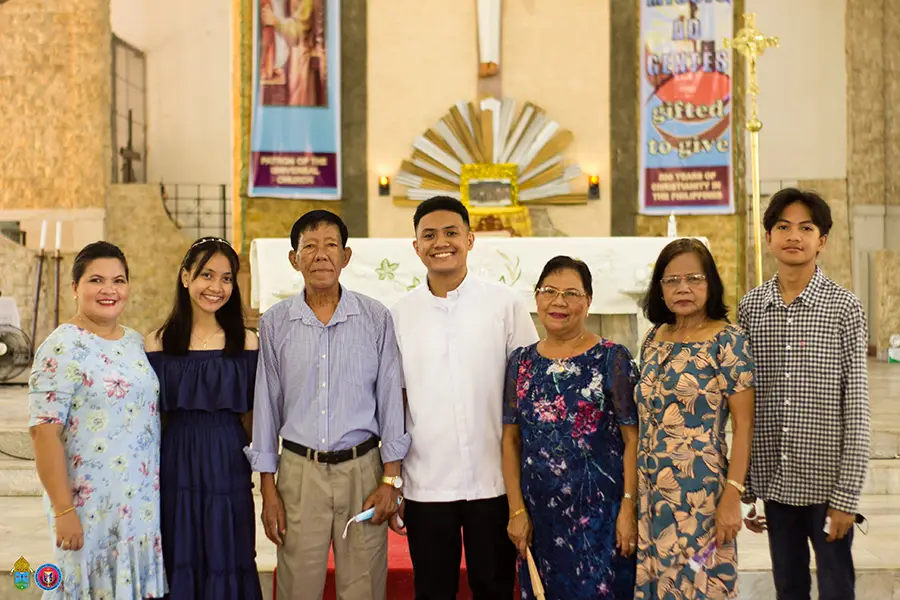
“Spain must preserve the faith it once transmitted to us”
Fundación CARF
07 April, 2025
7 min
 (EN)
(EN)
 (ES)
(ES)
 (IT)
(IT)

